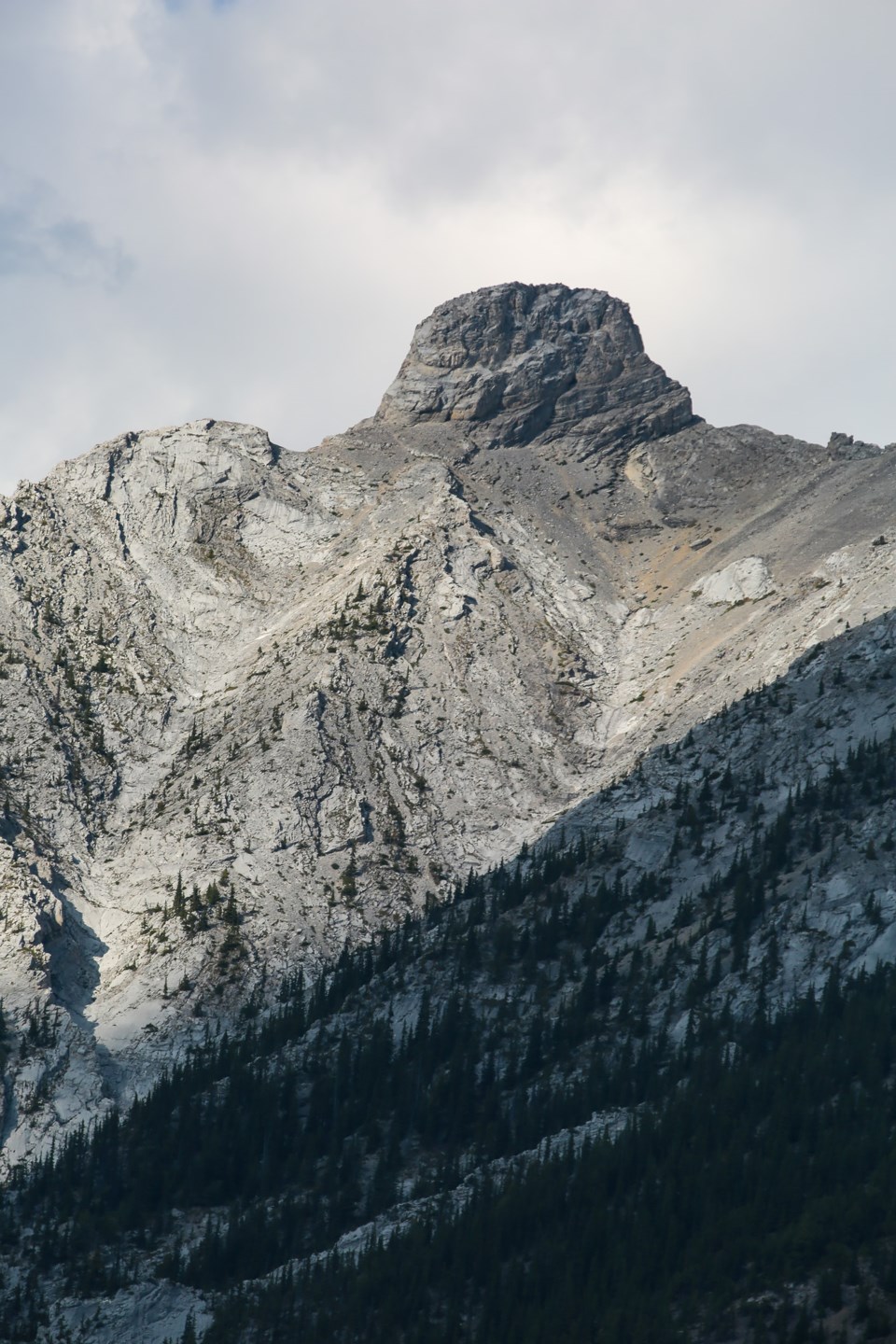BRITISH COLUMBIA – A British Columbia man is taking a guide, an alpine school and the Canmore-based Association of Canadian Mountain Guides to court following a guided trip in July that he is claiming left him with multiple injuries.
Ian Manson and his legal representation filed a notice of civil claim in the B.C. Supreme Court against the three defendants – Association of Canadian Mountain Guides (ACMG), guide Jeffrey Mitchell and the Revelstoke Alpine School.
The 63-year-old alleged in the lawsuit he suffered multiple injuries that led to loss of skin on his hands, arms and torso, cuts on his hands, arms, torso and right leg, hematoma to his right leg and multiple psychological injuries such as anxiety and PTSD.
Manson is seeking medical costs – past, present and future – from the injuries.
“The injuries, loss and damages of the plaintiff arising out of the incident were caused by the breach of contract of Mitchell and/of Alpine School and/or negligence of the defendants,” the lawsuit claims.
The 13-page notice of civil claim was filed in November on Manson’s behalf by the Vancouver-based MacKenzie Fujisawa LLP.
None of the allegations have been proven in court and the defendants have yet to file a statement of defence.
Kevin Dumba, the Association of Canadian Mountain Guides (ACMG) executive director, said its lawyer will be filing a statement of defence in early December through Farris LLP.
Dumba said he couldn’t specifically speak on the lawsuit, but said the first priority of members of the ACMG is the safety of clients and managing risk.
“Risks can’t be entirely eliminated, and accidents can still happen. The fact is that the mountains are an unpredictable, dynamic environment, and there are inherent risks in mountain travel,” he said.
“ACMG members are trained and assessed to the highest standards in the world with respect to risk management in mountain travel. However, it’s unreasonable for anyone to put blind trust or faith that they can be unconditionally kept safe in these environments. Risk cannot be separated from these activities without fundamentally altering the nature or essence of the activity.”
The Revelstoke Alpine School didn’t respond to a request for comment from the Outlook.
According to the suit, Manson contracted Mitchell to guide for a mountaineering trip in Glacier National Park on an ascent of the face of Mount Rogers near Revelstoke.
The two were climbing at an elevation of about 3,000 metres, the lawsuit states, and were connected to one another with belay loops with about 10 metres of working rope.
According to the lawsuit, Mitchell climbed first and set up the upper belay station and let Manson know it was safe to proceed.
As Manson began climbing upwards, the lawsuit states Mitchell was testing “the stability (of) a large fridge-sized rock with his foot, causing the rock to dislodge and then fall directly toward the plaintiff (Manson).”
Manson said the legal document that he avoided the impact of the rock, but it grazed his head. However, as the rock grazed Manson, Mitchell let go of the rope connecting them and Manson fell backwards at least seven metres before he reached the end of the line, according to the suit.
As Manson was able to find a small ledge to stand on, the rope then tightened and led to Mitchell “catapulting” from the belay stance, pulling him into the air and down the face of the mountain, the suit claims.
Manson held onto the rope, braced himself and attempted to “slow Mitchell’s rate of fall to prevent Mitchell form falling further and to prevent further injury to both parties,” according to the civil claim.
A Parks Canada search and rescue team then provided a helicopter long-line to rescue the two men. The lawsuit doesn’t mention if Mitchell was injured.
The lawsuit alleges that Mitchell and Revelstoke Alpine School breached their contract with Manson to provide a “duty of care.”
Among the 14 breaches Manson claims are Mitchell’s failure to take reasonable care to provide a safe trip, lacking appropriate knowledge as a guide and multiple technical errors that led to an unsafe climb.
The lawsuit also claims eight breaches of duty of care by the ACMG such as failing to properly certify and train members, failing to provide continuing education for its guide and issuing statements of professional expertise without ensuring its members meet those standards.
Dumba said members of the ACMG go through lengthy amounts of training that are put forth by the International Federation of Mountain Guides Association (IFMGA).
They are also outlined to have a minimum number of hours in its Professional Practice and Continuing Professional Development (CPD) policies to maintain their accreditation.
“To retain active membership in the ACMG, members must fulfill the minimum requirements outlined in the attached Professional Practices and CPD document,” Dumba said.
“ACMG mountain guides are required to accrue 100 hours in each discipline every two years and 64 hours of CPD every two years. This standard meets or exceeds that of other IFMGA member countries.”
According to the ACMG website, they have a membership of 1,450 people in climbing instructors, hiking guides and mountain guides.
While fatalities are not uncommon when people are on guided trips, particularly due to avalanches, resulting lawsuits are relatively uncommon.
According to data from Avalanche Canada, the Canadian Avalanche Association and the National Research Council of Canada, there were 25 avalanche incidents with 34 fatalities between 2000-21 on guided trips in western Canada. In the same time period, there were 268 avalanche fatalities.



